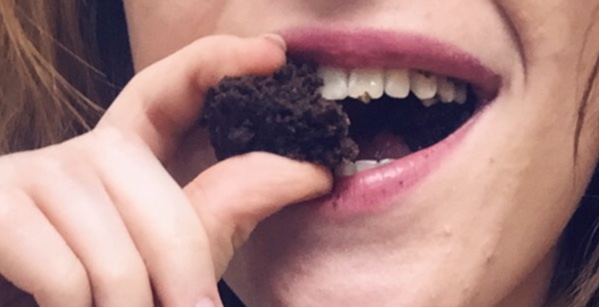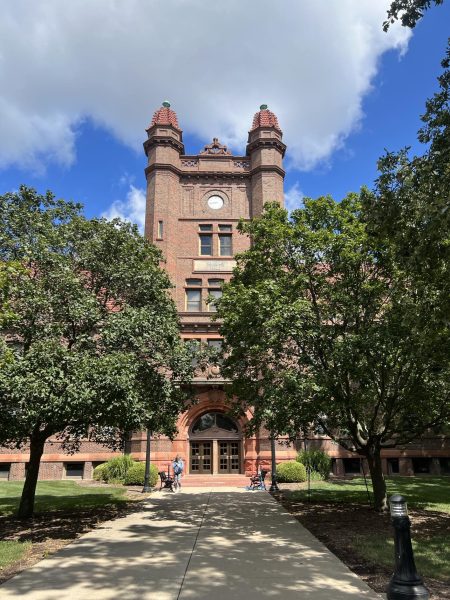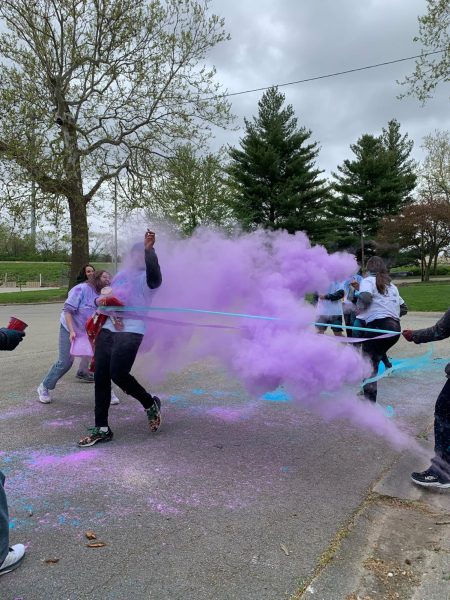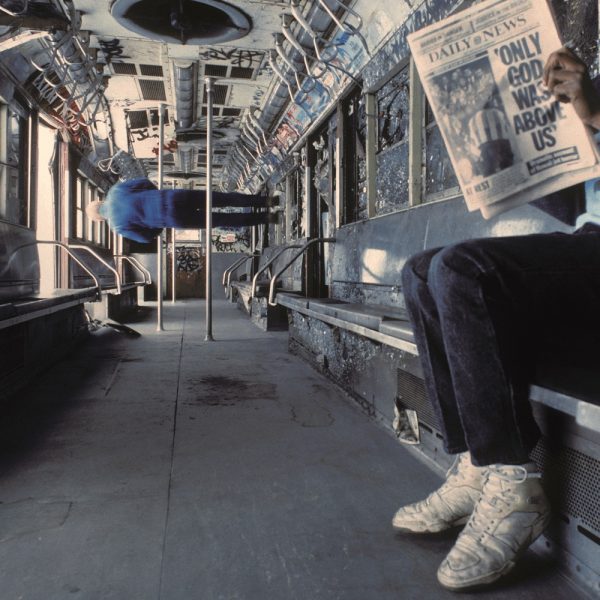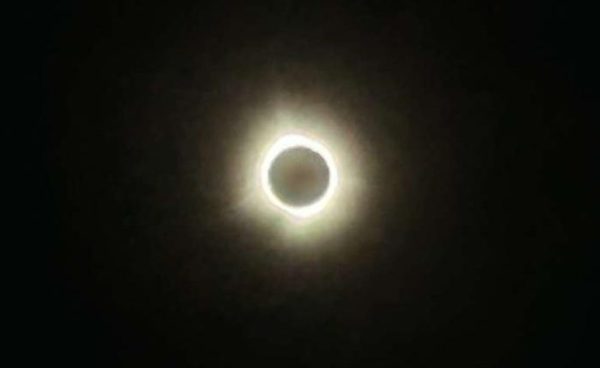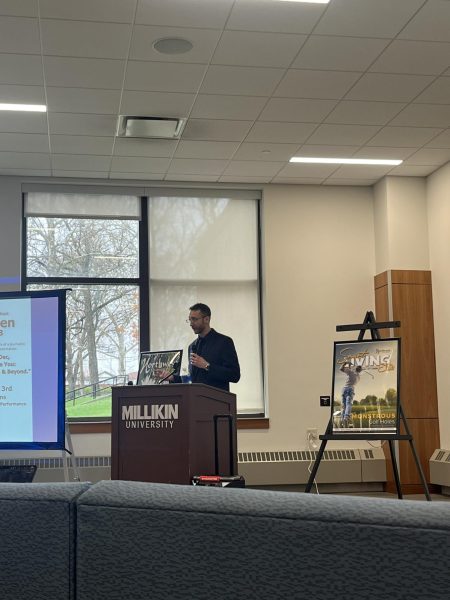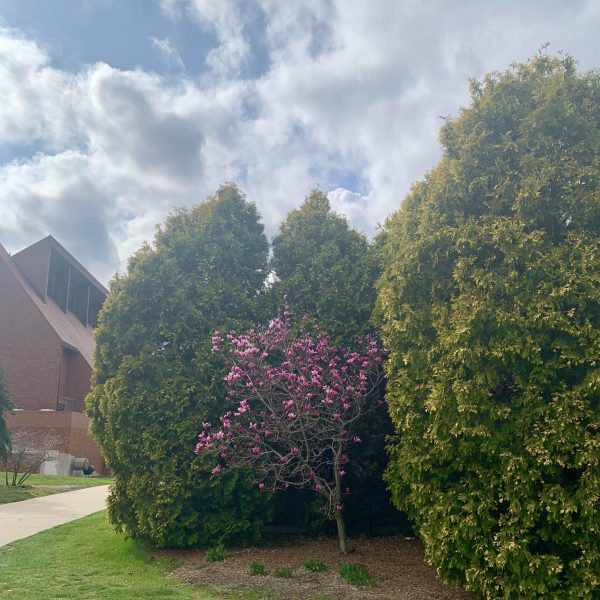Recreational Marijuana And What It Can Do For You!
New Governor of Illinois, J.B. Pritzker, made plenty of noise when he declared legalizing recreational marijuana would be one of the first changes he will make. While mixed reactions rise from the entire state and controversy brews in the near distance, we must stop and truly assess the situation for what it is.
Should marijuana be recreationally legalized in Illinois?
While some may disagree, the answer is blatant and nearly undebatable: You’re damn right it should be.
Since President Richard Nixon declared drug use “public enemy number one” in 1971, the war on drugs has been one of the dominating issues pressed onto the American consciousness. Clearly, our governmental leaders had their priorities focused on all of the wrong places at this time, as our society has been working to overcome this drug war since.
While the initial action of declaring war on drugs had many different motives, some ethical and others not, the fact of the matter is that this fight has been drawn out far too long.
It is heavily analyzed, reported, and all but officially concluded that the war on drugs was an attempt to silence the uprising of social change movements which were associated with different types of drugs. It was impossible to begin punishing people because of their race or opinion at this point in time, so they began targeting the substances which were associated with race and social change in order to stop momentum against the force of our governing powers.
While some laws on drugs which pose serious issues such as heroin, cocaine, methamphetamine, and other narcotics were understandable, others lacked common sense.
Marijuana has easily been the most debated drug out of all which was directly impacted by the drug war. Nixon initially decided to make marijuana a schedule one drug which was the group of drugs which were most heavily restricted by the federal government.
Placing the all-natural drug, marijuana, which has a long list of scientifically proven medical benefits, on the same list of drugs such as heroin, MDMA, ecstasy, K2, and bath salts is nothing short of laughable. This is especially true when drugs such as cocaine and meth are listed as less dangerous and the same for other drugs such as hydromorphone, methadone, meperidine, oxycodone, fentanyl, and morphine which are not only much less regulated but also medically administered regardless of the true danger they pose to us when taken.
This has been known since the earliest stages of the war on drugs as a commission appointed by Nixon to analyze which drugs were to be placed in the different schedules unanimously recommended to the president in 1972 that marijuana is decriminalized on a federal level. This recommendation was ignored and marijuana would remain criminalized for decades to come and even is in some parts of the country now.
While a recent movement has finally begun to lift the unjust restrictions and stigma around marijuana on a state level, the drug is still considered schedule one on a federal level. It could be argued, however, that the heavy restrictions and laws on marijuana have only lead to more issues as over 600,000 marijuana-related arrests are made in the United States annually.
Colorado was the first state to legalize recreational marijuana in 2012 and since then Alaska, California, Massachusetts, Nevada, Oregon, Washington, and Washington D.C. have followed suit. The medicinal value of marijuana is well documented as it is currently offered to treat multiple sclerosis, muscle spasms, nausea from chemotherapy or in general, poor appetite, seizures, and Crohn’s disease, just to name a few.
While other drugs, such as opiates, which are regularly administered by doctors across the nation for symptoms which marijuana would be of use for, are subject to a seemingly endless list of side effects including death, marijuana’s only known side effects are dizziness, drowsiness, and short-term memory loss.
One of the most common misinterpretations of marijuana was the popular thought that it was a hallucinogen. This is far from the truth as marijuana is not associated with visual hallucinations at all. Marijuana is most commonly used to combat stress and anxiety and is much more successful at this, as well as less dangerous, than other drugs we are directed to by our governing powers and medical professionals.
As with any drug, there is a potential for abuse. Marijuana isn’t an addictive drug but rather it becomes an abused drug depends on the people using it. And this is the wall that every law and regulation reached. At some point, trust must be given to the people and it will, in my opinion, allow for an overall better society.
Recreational marijuana not only makes sense nationally because of these reasons, it makes sense in Illinois specifically because of the booming business and revenue it could bring to a state which is desperate for financial stability. Colorado’s marijuana revenue quickly rocketed into the hundreds of millions after legalizing recreational marijuana in 2012 and we, as a state, would greatly benefit from such revenue.
It would also bring a substantial decrease to the costly enforcement of marijuana laws and free up police resources. It is estimated that over 110,000 people are currently incarcerated in US Federal prisons because of strictly cannabis offenses. Legalizing marijuana would also allow all of these individuals a new chance at life after being wrongfully locked up for something which is now legal.
The legalization of marijuana is something which should have been done decades ago. Recreationally legalizing marijuana will go through its trials, but in the long-run, will be beneficial to our state, our nation, and our society going forward.

